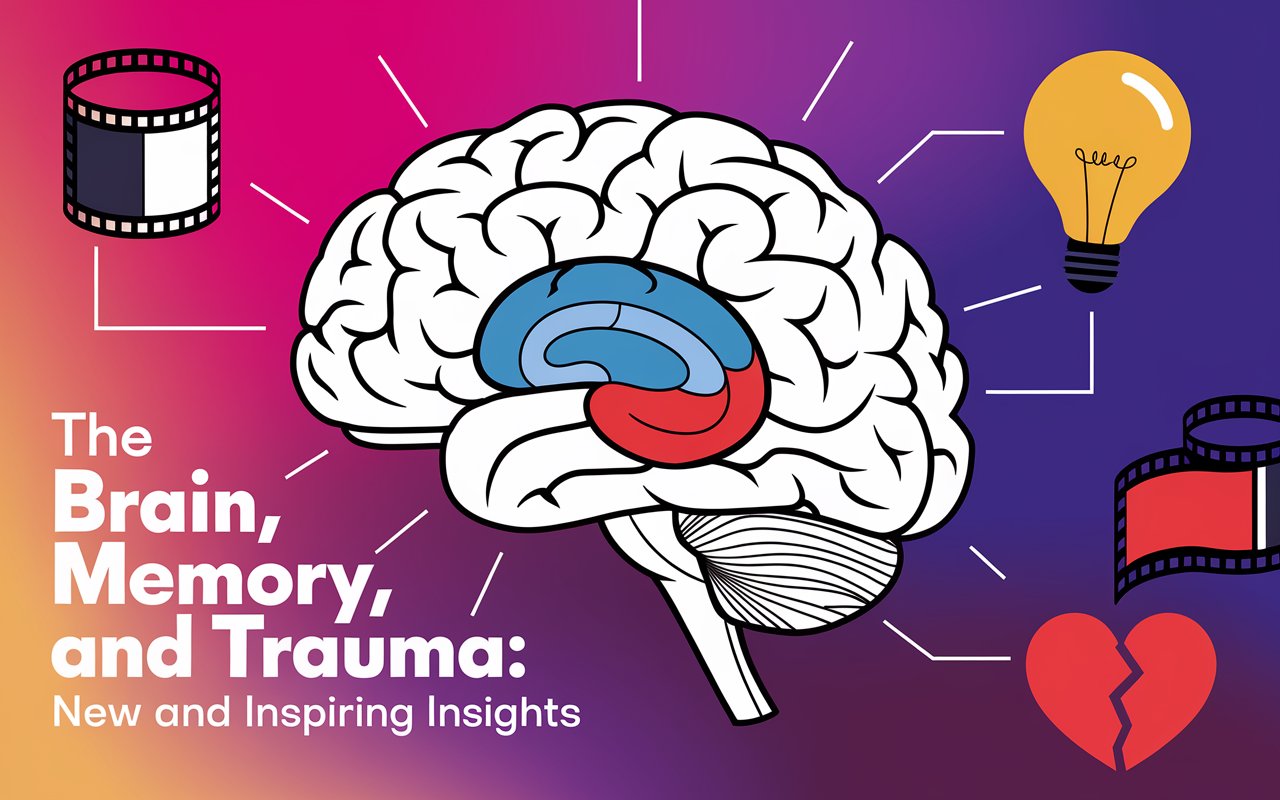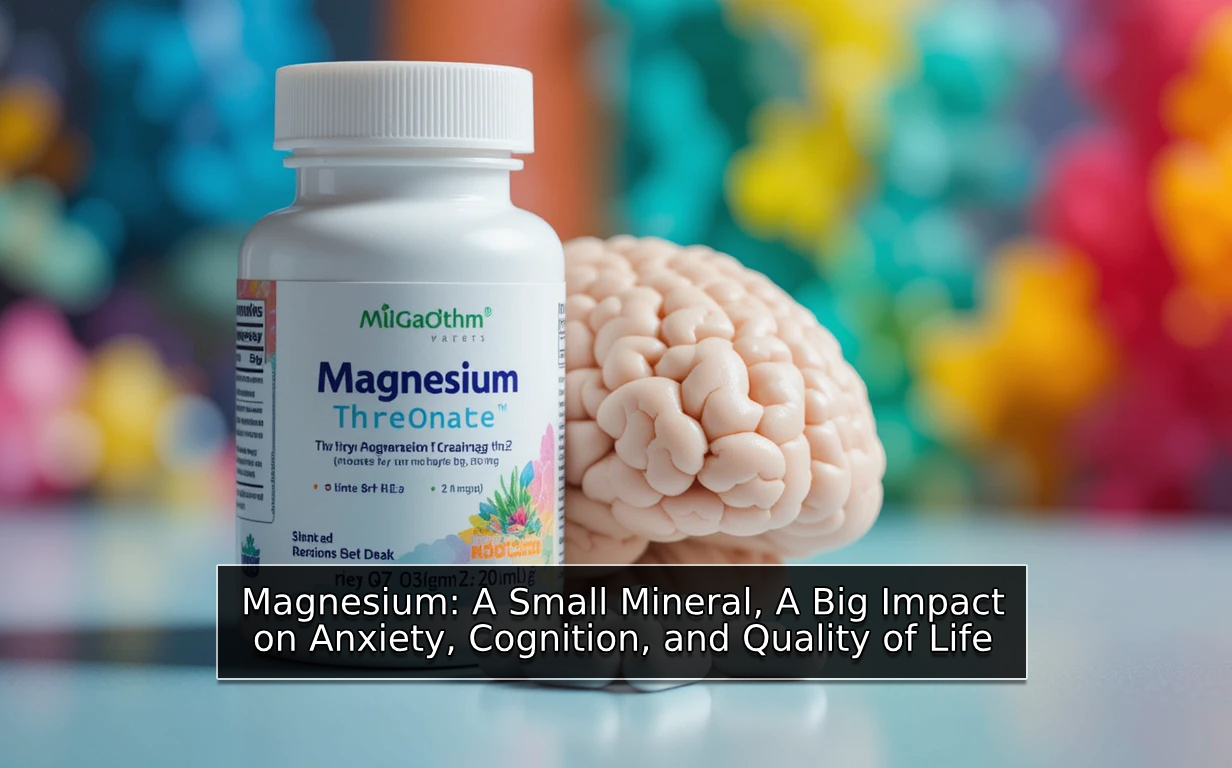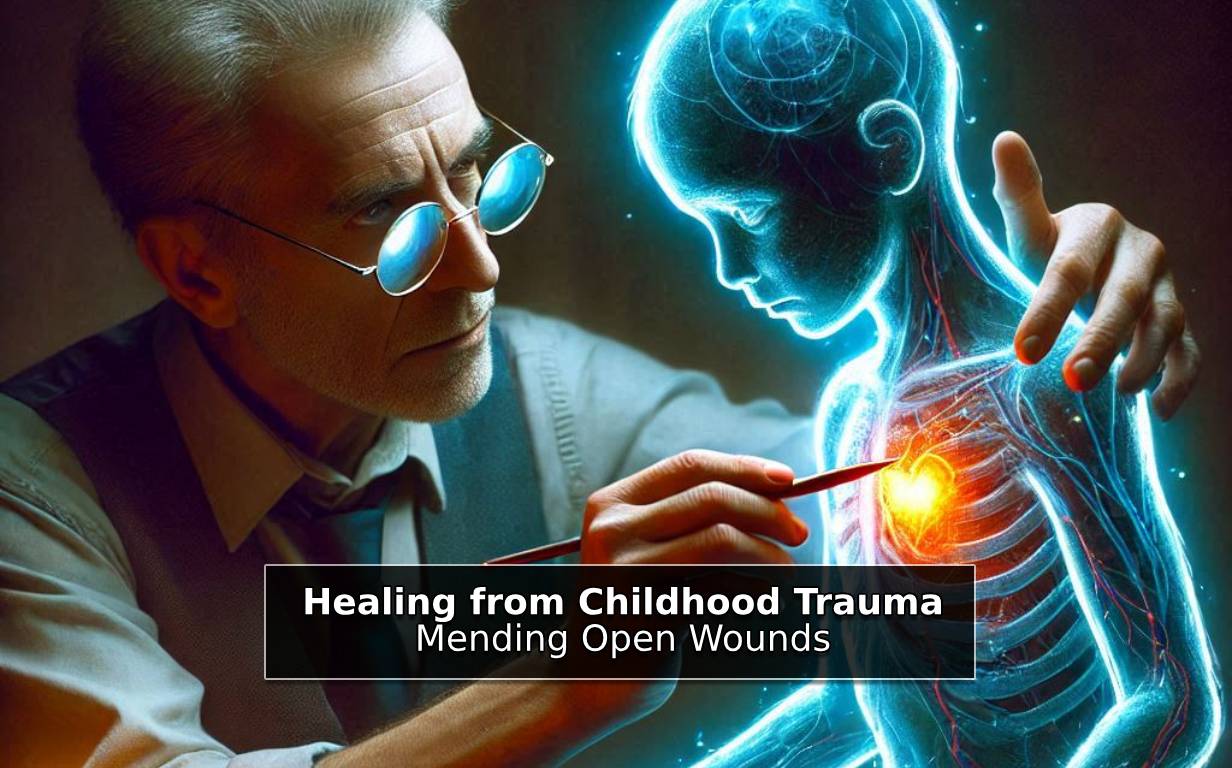Trauma, The Brain, and Memory: New Insights and Hope
A groundbreaking study conducted at the University of Basel has revealed that our brains create multiple, parallel copies of each memory. This research, published in Science, suggests that a single memory is stored across various groups of neurons within the hippocampus, each emerging at different stages of development. These memory copies have varying lifespans, undergo modifications, and can even be deleted over time.
Implications for Understanding Trauma
This discovery has profound implications for our understanding of trauma. The traditional view of trauma often portrays it as a fixed, indelible memory. However, this new research challenges this notion. By demonstrating the dynamic nature of memory, it suggests that traumatic memories are not static recordings but rather complex narratives that are reconstructed each time we recall them.
ACT and the Treatment of Trauma
Acceptance and Commitment Therapy (ACT) offers a powerful framework for understanding and treating trauma. ACT posits that our thoughts and feelings about traumatic events are not the events themselves, and that our attempts to control or eliminate these thoughts and feelings can often make the problem worse. Instead, ACT teaches individuals to accept their thoughts and feelings without judgment and to focus on taking actions aligned with their values.
The finding that memories are stored in multiple, malleable copies aligns well with the core principles of ACT. It supports the idea that traumatic memories are not fixed realities but rather interpretations that can be influenced by our thoughts and behaviors.
How ACT and this new research intersect:
- Defusion: The research reinforces the idea that thoughts are not facts. ACT teaches individuals to "defuse" from their thoughts, viewing them as mental events rather than absolute truths.
- Acceptance: By understanding that memories are dynamic and can change, individuals can more readily accept their traumatic experiences without becoming overwhelmed.
- Values-based action: ACT emphasizes the importance of taking actions aligned with one's values, even in the face of difficult emotions. This can provide a sense of purpose and direction.
Clinical Implications
This research, combined with ACT, offers several clinical implications for treating trauma:
- Focus on the present: Rather than dwelling on the past, therapists can help clients focus on the present moment and engage in activities that bring them joy and fulfillment.
- Mindfulness: Mindfulness practices can enhance a client's ability to observe their thoughts and feelings without judgment.
- Commitment and action: Therapists can assist clients in identifying their values and taking steps toward living in alignment with those values.
Conclusion
The discovery that our brains create multiple copies of each memory, combined with the principles of ACT, offers a new and promising approach to the treatment of trauma. By understanding the dynamic nature of memory and accepting our thoughts and feelings without judgment, individuals can heal from traumatic experiences and build more fulfilling lives.
Additional research to explore:
- Neuroplasticity: How do therapeutic interventions like ACT influence the brain's neural networks involved in memory?
- Epigenetics: How do traumatic experiences influence gene expression, and can these changes be reversed?
- Intergenerational trauma: How are traumatic experiences passed down through generations, and how can we interrupt this cycle?
Contact now
Ready to take the first step towards positive change? Contact me now for more information and to schedule an appointment. Whether you prefer in-person sessions in Tel Aviv or virtual meetings via Zoom, my integrated approach of Cognitive Behavioral Therapy (CBT) and Acceptance and Commitment Therapy (ACT) can help you break free from struggles and find greater fulfillment in life. I'll be sure to get back to you as soon as possible. Let's embark on this transformative journey together!
Call Whatsapp 052-2325511
Or fill out the following form.
Can ACT and CBT assist you or your loved ones?
Welcome to my therapy practice, where I offer a powerful combination of Cognitive Behavioral Therapy (CBT) and Acceptance and Commitment Therapy (ACT) techniques. CBT is a goal-oriented, short-term approach that's highly effective for anxiety, depression, low self-confidence, and more. ACT complements CBT, helping you navigate life's challenges and find fulfillment and authentic, happier life.
If you're struggling with anxiety, depression, low self-image, or facing setbacks, CBT combined with ACT may be the key to transforming your life. Break free from the struggle and take a step towards a happier, more fulfilling life.
Contact me today to schedule an appointment and embark on your journey of positive change. You don't have to face it alone; I'm here to support you every step of the way. Let's work together to create the life you deserve!





